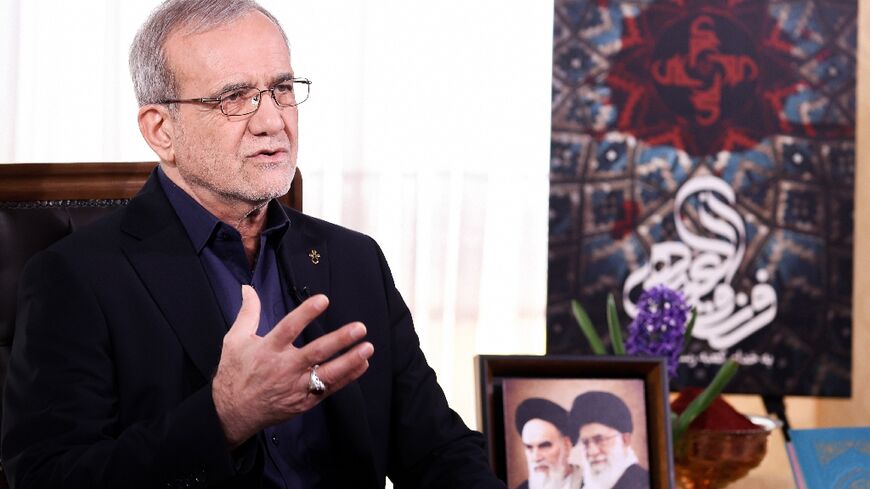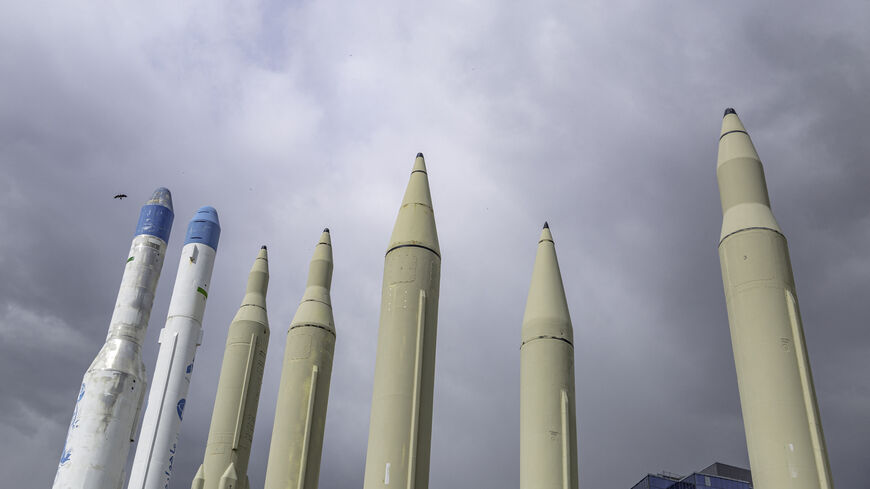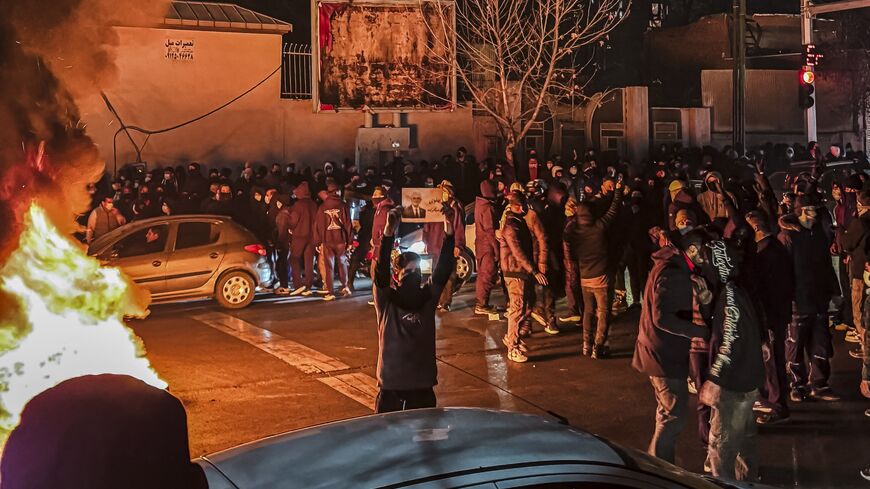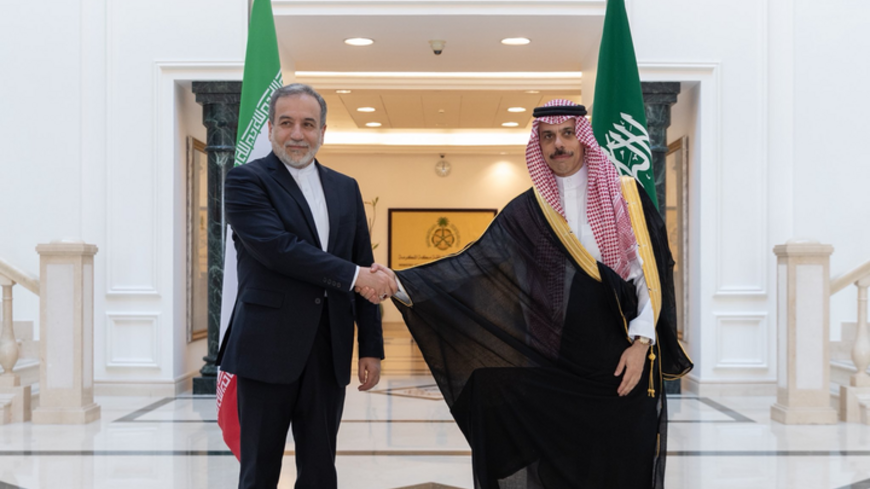Iran claims missile arsenal intact, weighs return to negotiations
A top Iranian military official said that the country's missile arsenal remains secure after last month's war as the president signaled openness to renewed nuclear talks.

A senior Iranian military commander said that Iran's missile and drone arsenal remains intact and ready to use on Monday, the same day Iranian President Masoud Pezeshkian signaled that Iran was open to renewed nuclear negotiations with the United States in an interview.
What happened: In public comments on Monday carried by Iran's Mehr News, Maj. Gen. Yahya Rahim Safavi — who is also an adviser to Supreme Leader Ayatollah Ali Khamenei — said, “So far, we have produced several thousands of missiles and drones, and their place is secure.” It is unclear whether Safavi was referring to weapons produced before or after the war.
Iran has insisted that its missile program will continue even if a deal is reached with the US. In late June, Iran's ambassador to the United Nations, Amir Saeid Iravani, told Al-Monitor, “Iran will never agree to relinquish such an effective strategic lever, nor will it allow itself to be disarmed in the face of potential future attacks."
Safavi also suggested Iran did not deploy its full military capacity during the June war, saying, “The navy and the IRGC Quds Force have still not stepped in. Even the army has not taken action with full strength.” Safavi added, “Our armed forces are ready to confront all enemy plots.”
The 12-day war began on June 13, when Israel launched a surprise strike on key Iranian nuclear and military facilities. In response, Iran launched an estimated 550 ballistic missiles and more than 1,000 drones at Israel.
On June 22, the US joined the conflict, striking three Iranian nuclear sites. The following day, Iran retaliated by launching missiles at the US Al-Udeid Air Base in Qatar.
Safavi’s comments came on the same day that Pezeshkian’s interview with former Fox News host Tucker Carlson was posted on Carlson's X channel. In the interview, the Iranian president signaled a possible return to diplomacy while demanding guarantees from Washington.
Asked if there were plans to restart nuclear negotiations with the US, Pezeshkian said, “We see no problem in re-entering the negotiations.” He added, however, that “there is a provision for restarting the talks: How are we going to trust the United States again? ... We reenter the negotiations, then how can we know for sure that in the middle of the talks the Israeli regime will not be given permission again to attack us?”
US President Donald Trump in late June said that talks with Iran would begin again last week, but no such talks have taken place. The two countries held five rounds of nuclear negotiations before the war upended the talks.
Axios reported on Thursday, however, that US special envoy Steve Witkoff plans to meet Iranian Foreign Minister Abbas Araghchi in Oslo this week to restart the talks. According to the report, no final date has been set.
In another possible sign that diplomatic channels may reopen, on Monday Switzerland reopened its Tehran embassy, which had closed on June 20 during the conflict. The Swiss Embassy represents US interests in Iran and has long facilitated diplomatic communications between the two countries.
Iran’s president also claimed that Israel had tried to assassinate him during the war, saying, “They did try, they acted accordingly, but they failed.” Pezeshkian added, “I am not afraid of sacrificing myself in defense of my country and in safeguarding and defending the sovereignty, the freedom and the independence of my country.”
Know more: Meanwhile, Araghchi met with his Russian counterpart, Sergey Lavrov, at the BRICS summit in Rio de Janeiro on Sunday.
According to a statement from Russia’s Foreign Ministry, “The Russian side reaffirmed its condemnation of the unprovoked military strikes by Israel and the United States on Iranian territory.”
Still, the BRICS summit closed with a joint statement on Sunday night condemning “the military strikes against the Islamic Republic of Iran,” calling them “a violation of international law and the Charter of the United Nations.”




